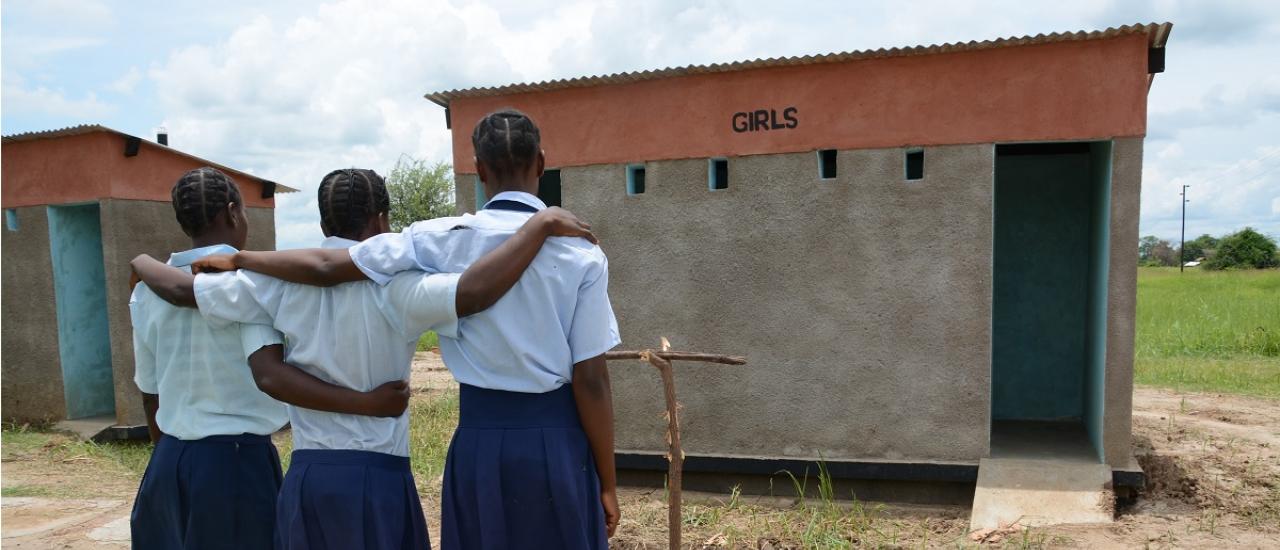Water, Sanitation, and Hygiene Partnerships and Learning for Sustainability 2 (WASHPaLS #2)
Operational research and technical assistance to enhance WASH programming effectiveness
Water, Sanitation, and Hygiene
Partnerships and Learning for Sustainability 2 (WASHPaLS #2)
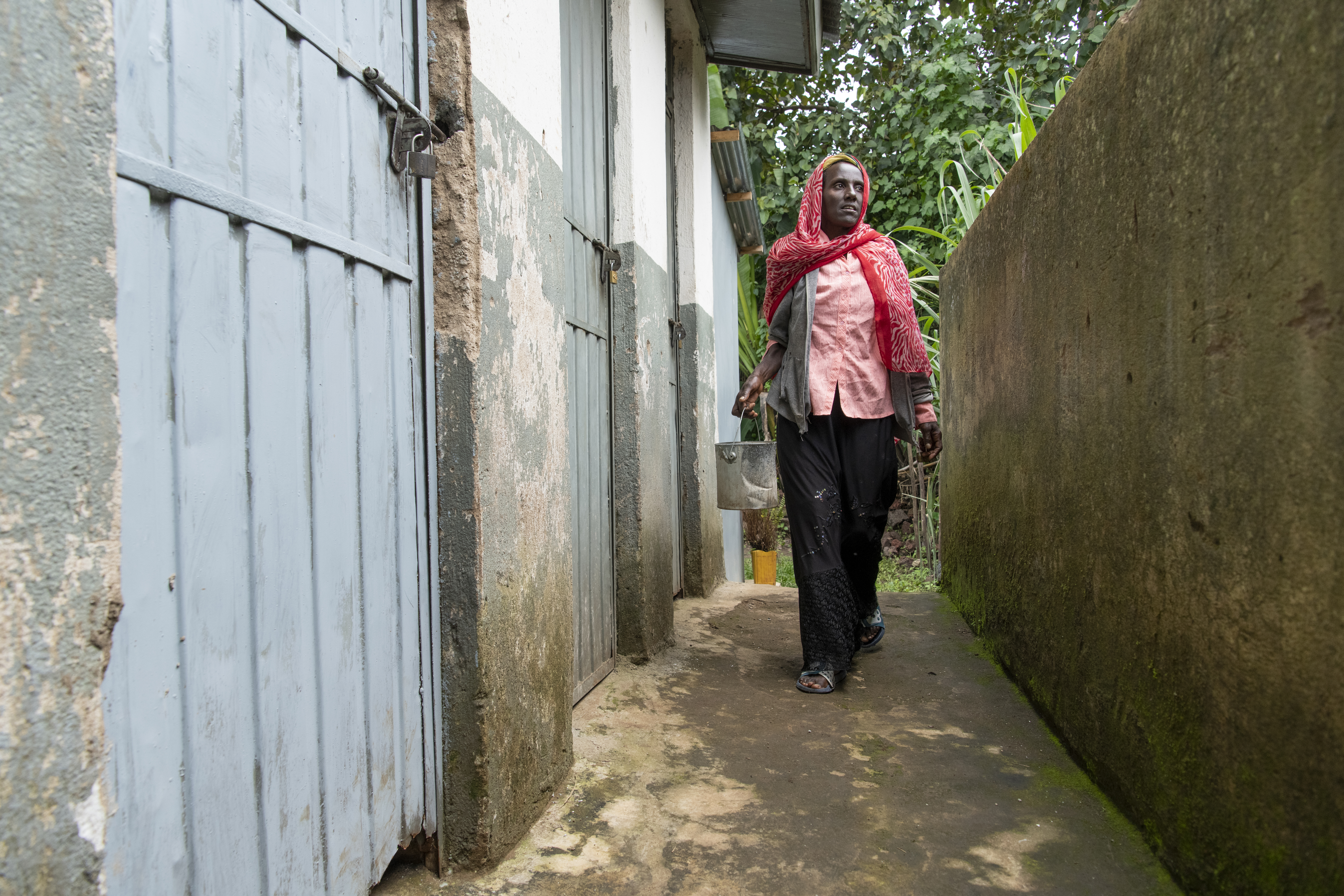
Overview

Partners
TETRA TECH has over 40 years of successful WASH sector programming and thought leadership experience. Tetra Tech provides technical assistance in the areas of rural water supply and sanitation, the sanitation value chain including fecal sludge management, infrastructure and municipal services including WASH financing, and sustainability assessments.
FHI 360 brings three decades of experience in integrated WASH programming, implementation research, and behavior change approaches. FHI 360 provides technical assistance in the areas of WASH integration including WASH and nutrition, hygiene, social and behavior change communication and comprehensive behavior-centered programming.
FSG offers a formal business analytics perspective to understanding successes and challenges of market-based sanitation interventions. FSG provides technical assistance in the areas of market-based WASH services, market assessments, and inclusive market development.
IDINSIGHT a global advisory, data analytics and research organization, offers experienced scientists and field-based researchers who bring an objective and rigorous approach to implementation research. IDinsight provides technical assistance in sanitation financing, research design, data analysis, and program evaluation.
IRIS GROUP brings extensive experience in mixed methods research on women and WASH and gender-equitable approaches to rural and urban sanitation programming. The Iris Group provides technical assistance in the areas of gender mainstreaming, social inclusion, menstrual health and hygiene (MHH), and women’s empowerment.
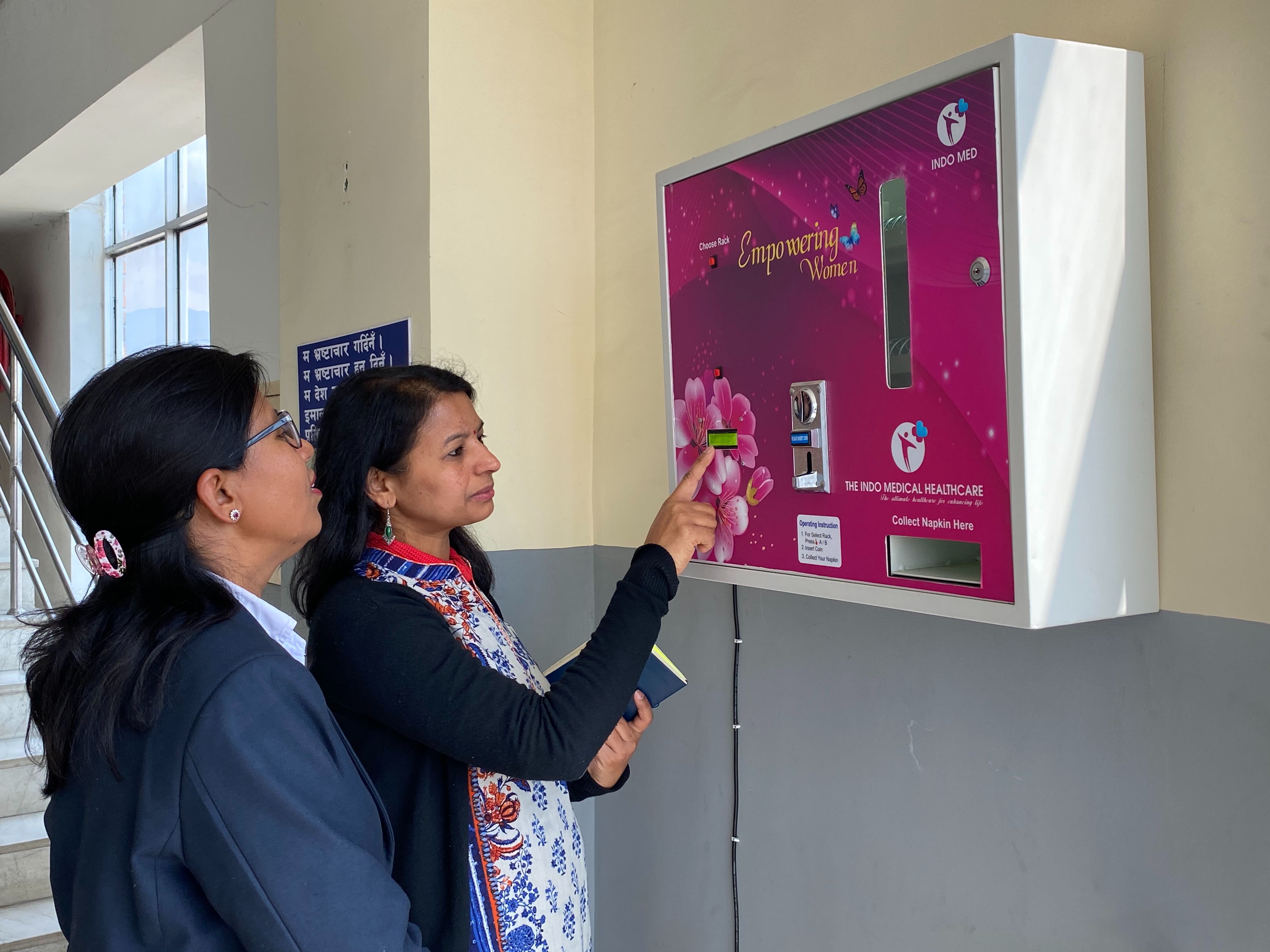
Resources

|
Reflections on Materials and Methods for Latrine Pit Design Technical Report Pit latrines, a common form of on-site sanitation in low-income settings, can collapse in areas with unstable soils, in flood-prone areas, or when they contain excess moisture. Pit collapse poses not only a safety concern for users, but also results… |
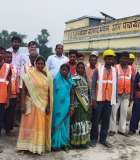
|
Toolkit: Sanitation and Hygiene Human Resource Capacity Needs Assessment Toolkit Understanding and addressing the human resource needs (HR) and gaps in the sanitation and hygiene sector is a critical part of achieving universal access to adequate and equitable sanitation and hygiene. To understand the current and future HR needs… |
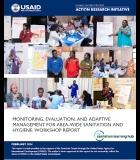
|
Monitoring, Evaluation, and Adaptive Management for Area-Wide Sanitation and Hygiene: Workshop Report Technical Report Monitoring and evaluation (M&E) is essential to understanding the barriers, successes, and progress made toward achieving area-wide sanitation and hygiene outcomes. However, M&E can be challenging to undertake, given significant and… |
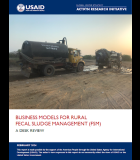
|
Business Models for Rural Fecal Sludge Management (FSM) Technical Report Over the last decade, basic sanitation coverage in rural areas of low- and middle-income countries has progressed significantly, especially in Asia. Sustaining those resulting gains in human, environmental, and community health, all while… |
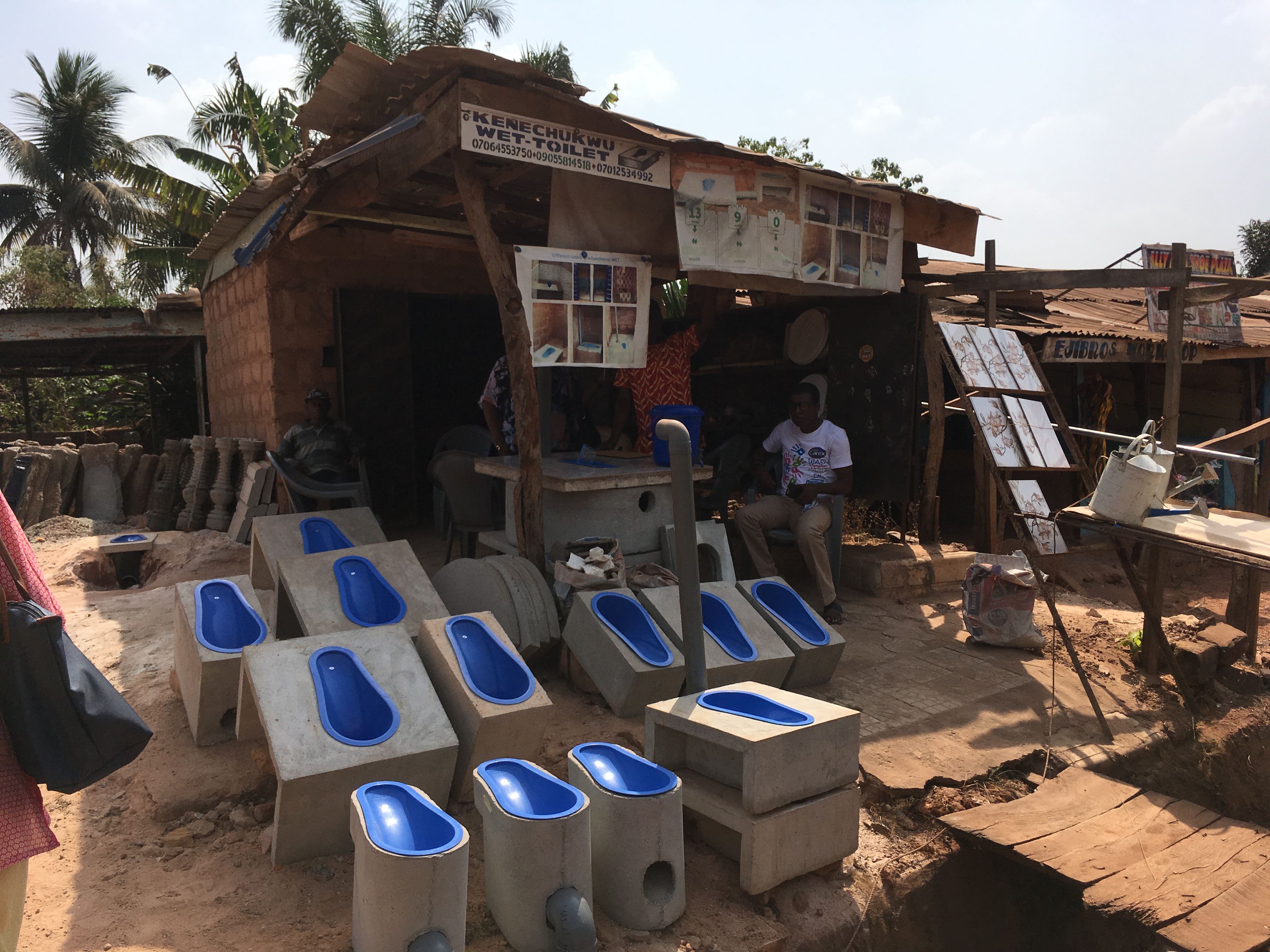
Contact Us
Morris Israel, Chief of Party, Tetra Tech, morris.israel@washpals.org
Jesse Shapiro, Environmental Health Team Lead, USAID, jeshapiro@usaid.gov


